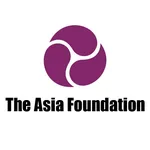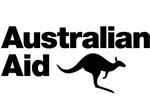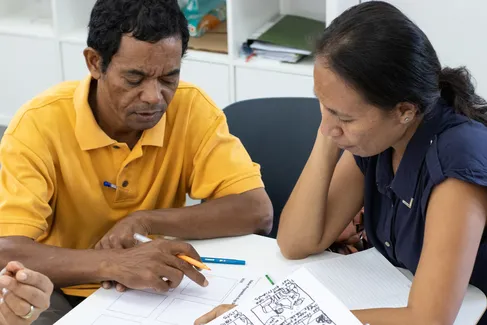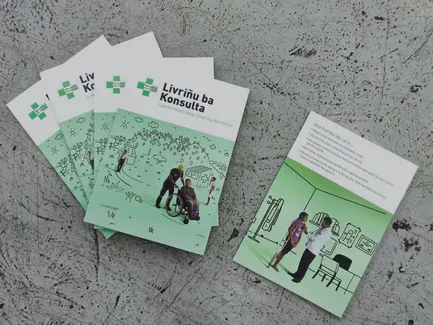Hamahon: Connecting Survivors to Support
A faster, safer path to help for survivors of gender-based violence in Timor-Leste
Timor-Leste
Purpose
To help frontline responders in Timor-Leste quickly and safely connect survivors of domestic and gender-based violence to the support they need.
Approach
A co-designed mobile app and referral system that keeps service providers connected, informed, and ready to act—when it matters most.
Partners
The Asia Foundation, Ministry of Social Solidarity and Inclusion, Policia Nacional de Timor-Leste, local NGOs, and Australian Aid.
Why the referral pathway is critical
In Timor-Leste, nearly three in five women have experienced physical or sexual violence from an intimate partner. For these women—and for countless children affected by domestic violence—the ability to reach help quickly and safely can mean the difference between protection and prolonged harm.
But the journey to support is rarely straightforward.
Survivors often face a confusing and fragmented system. Contact details for service providers frequently change, and there is no reliable way to know if a number still works. In many cases, frontline responders—like police, shelter staff, or health workers—have to rely on personal contact lists or memory to connect survivors with appropriate services. In remote areas, these challenges are even greater, with limited connectivity, geographic isolation, and scarce services compounding the risk.
When a woman makes the courageous choice to seek help, every moment counts. Delays, missed calls, or being referred to the wrong agency can discourage her from continuing, or worse, place her in greater danger.
The referral pathway—the system that links survivors to shelter, legal aid, medical care, and psychosocial support—is the spine of the support system. If it breaks down, everything else follows.
The COVID-19 pandemic stretched this already fragile network to its limits. Lockdowns and movement restrictions cut off access to in-person support. Income loss, isolation, and stress triggered spikes in violence. Service providers were overwhelmed, often under-resourced, and navigating uncharted territory.
In such a context, strengthening the referral pathway isn’t just a systems fix—it’s a lifeline.
Strengthening the referral pathway through co-design
In close partnership with the Timor-Leste Government and local organisations, we brought together the people most involved in responding to gender-based violence: police officers, shelter staff, victim advocates, NGO workers, and other referral pathway actors. Through a series of human-centered design workshops, we listened to their frustrations, mapped out their daily challenges, and worked together to imagine something better.
Service providers told us about late-night calls with no way to confirm if a number was still valid. Victim advocates shared how hard it was to guide someone to safety when they didn’t know where to start. And we heard one thing over and over again: the system needs to be clearer, faster, and safer—for everyone.
With this, we co-designed a solution with those who use it every day. Through rapid prototyping, we refined ideas with their input at each step. The result was not just a functional app, but a shared process of care—a referral system built with trust, grounded in reality, and shaped by the needs of those it serves.
At the heart of Hamahon is a simple but powerful idea: make help easy to find, and even easier to trust.
What we made: A smarter way to connect victims with support
In Timor-Leste, most contact numbers for essential services are mobile. They often change without notice, go unmonitored, or belong to individuals using personal phones. For survivors of gender-based violence, this creates a dangerous gap—a call for help that leads to a dead end. For frontline responders, it means wasted time, missed referrals, and growing frustration.
To solve this, Catalpa co-designed the Hamahon Referral App: a simple, accessible mobile and web platform that allows gender-based violence service providers to maintain a shared, live contact list. Each organization can update its own details—numbers, names, locations—ensuring the entire network stays current. If a number doesn’t work, any user can flag it for follow-up, prompting the responsible organization to update it. It’s a small feature with big impact in a country where the only constant about mobile numbers is that they change.

When every minute matters, Hamahon helps us find the right support—fast, safely, and together

But Hamahon goes beyond contact sharing.
- The app includes a decision support tool that guides responders and advocates through a set of questions—about safety, location, and needs—and helps them connect the survivor to the most appropriate service.
- It offers short, mobile-first training modules—microlearning courses designed to strengthen key skills like trauma-informed communication, confidentiality, and referral best practices. These courses, delivered through Bero, Catalpa’s mobile learning platform, can be accessed offline and completed in minutes.
- For monitoring and evaluation, the app quietly tracks usage: how often services are accessed, which numbers are used, and how referrals are flowing—giving program managers better insight into system performance.
- And most importantly, it prioritizes safety. If a survivor ever needs to hide the app on their phone, one tap disguises Hamahon as a weather app, protecting them from detection in moments of danger.
Hamahon isn’t just a digital tool. It’s a daily, practical companion for the people who help others—and for the survivors themselves, it’s one more sign that they’re not alone.



